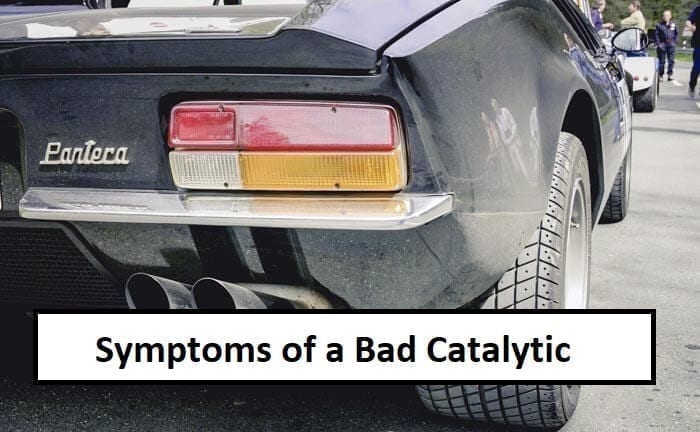It’s not an unexpected thing to have catalytic converter issues. This is even though the fact that carmakers design the catalytic converters to last the “lifetime” of the vehicle.
The engine goes wrong:
The catalytic converter is a device that converts extremely harmful gasses into less harmful full things. Those dangerous gases are the by-product of combustion in the car’s engine. The dangerous gases might include “hydrocarbons, nitrogen oxides, and CO”.
while the gases produced by catalytic converter are CO2, H2O, and nitrogen from those harmful gasses. Thus, any problem in the catalytic converter will definitely harm the engine.
Another thing we need to discuss is “clogged catalytic converter”. It means blockage in the more efficient flow of exhaust gases from the car’s engine. This interruption can lead to heating up the gasses present in the engine. As a result, the engine in flames.
If you go through such situations, make sure you get your car checked by a mechanic because such issues can lead to great engine damage.
Engine performance:
Besides inflammation of the engine, reduction in the engine working will be visible. Blocked catalytic converter stops gasses from leaving through the exhaust pipe. Which results in backpressure.
The expended pressure between the converter and engine can reduce engine performance. A running engine constantly produces gasses due to the process of combustion. Unluckily these gasses are captured within the engine due to the blocked catalytic converter.
Loss of power:
Bad catalytic converter results in loss of power during acceleration. There is a common test that helps in examining if the down-and-out acceleration is because of a bad catalytic converter or not.
That is, request anyone to trouble the gas pedal so that the engine runs between “1800-2000” RPM. Then sense the exhaust pressure coming out. If it feels hot, then your car has blocked catalytic converter.
Exhaust system:
A declining catalytic system can even lesser the ability of the exhaust system to eliminate harmful gasses the vehicle’s engine. Due to the concerned gases in the front blocked section, it is really inconvenient for gases to get out.
The captured gasses also try to gather deposits. This thing can provoke the clog even more that already exist in the system.
Boosted emissions:
It’s clear that the catalytic converter does the job of converting harmful gases into acceptable ones. If the device is not doing its job, it would be impossible to get less harmful gases. The exhaust material than mainly consists of CO, NO, and hydrocarbons.
The emission of such harmful gasses is very bad for the environment. It can enhance the carbon emission and supplies global warming. It can lead to great respiratory disorders if inhaled by anyone.
Sniff of rotten eggs:
A bad catalytic converter smells like a rotten egg. Few gasolines contain sulfur. When gasoline containing sulfur goes to the engine during the process of combustion. A chemical reaction is initiated. As a result, the fluid having sulfur turns into hydrogen sulfide.
If the catalytic converter of the car is working properly it will convert the hydrogen sulfide molecules into sulfur dioxide. And sulfur dioxide is an odorless molecule, that goes out through the exhaust along with other gases.
While the catalytic converter which is not working efficiently does not produce sulfur dioxide from the hydrogen sulfide. Thus, you would probably sense the smell of rotten eggs.
Fuel Economy:
A poor catalytic converter can pressurize the engine, and it would cause a reduction in the engine’s functioning. It would need greater force to push gasses through that blocked exhaust system. This makes the engine absorb more fuel than necessary.
We hope this article was useful to you. as every symptom of the bad catalytic converter is listed above, so now you would be able to detect if there is any problem.
You can also contact: Melbourne Car Removals
Get your car remove today: Metro Car Removals

